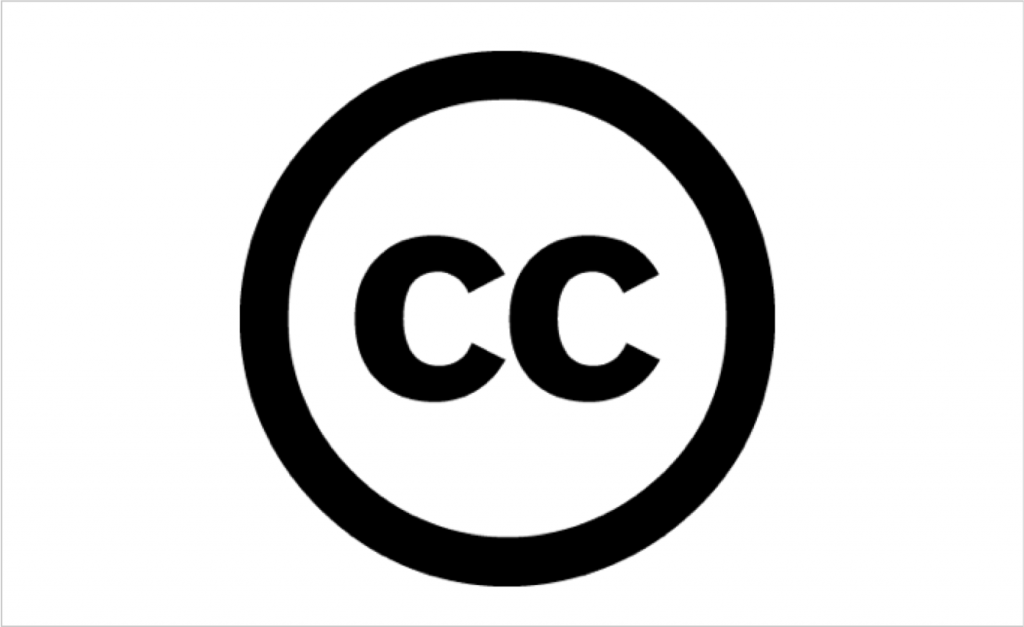The internet has made the creation and sharing of creative works much easier than it has ever been. Most of these new works are protected by copyright as soon as they are created. But not everyone wants to lock up their creativity behind the protection of copyright. Many people want their work to be freely shared and even built upon.
Creative Commons (CC) was developed out of the desire to make it easier to share and use copyrighted works. Creative Commons allows a creator to grant licenses to their work that could include the ability to share, adapt and/or use material for commercial purposes without having to ask for permission. The creators still own the copyright, but they proactively decide to let others use their works under certain conditions.

without requiring they grant individual permission.
Activity: Finding Creative Commons Works
Many websites include CC licensed works. You can search them to find materials that you can freely use in creating your own work provided that you comply with the terms of the license. You can also upload your own CC licensed works to share with others.
Examples include:
